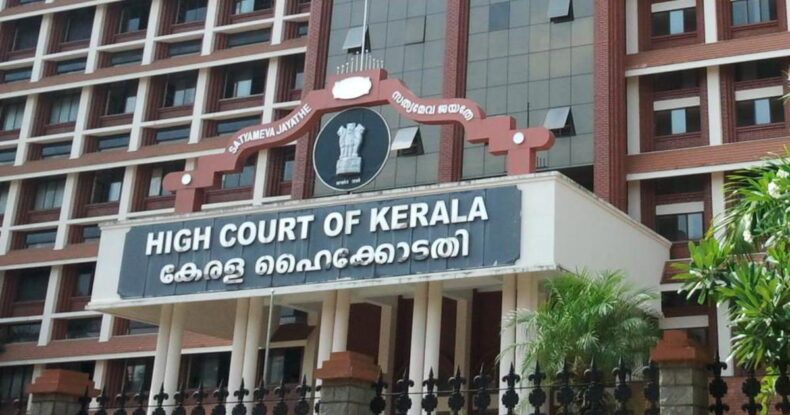The State Police Chief was recently ordered by the Kerala High Court to investigate and report back on how the accused in the case [Fasalu Rahman v. Union of India] got to possess a letter from the State Police Chief to a District Police Chief designated “top secret.”
It’s interesting to note that the accused mistakenly gave it to the division bench of Justices Anil K. Narendran and PG Ajith Kumar when it was debating his request to have a preventative detention order against him quashed.
Even though the petitioner-accused eventually dropped the complaint with the court’s approval, the court ordered the state police chief to look into the potential leak and present a report on the actions taken.
“We believe it is appropriate to order the third respondent State Police Chief to conduct a thorough investigation into how Ext.P2 “Top Secret” communication dated 04.06.2022 ended up in the possession of the petitioner, considering the facts and circumstances of the case as revealed by the pleadings and materials on record.
The investigation’s findings will determine what steps should be taken against the concerned officers who failed to keep the conversation completely confidential “the Judge commanded.
The Court was deliberating a plea offered by a man accused of violating Section 135 of the Customs Act, 1962, by smuggling roughly 10 kg of gold.
He requested a copy of the order issued against him under Section 3 of the Conservation of Foreign Exchange and Prevention of Smuggling Activities Act, 1974, from the High Court in addition to having the Joint Secretary’s detention order against him quashed (COFEPOSA Act).
The document listed as Ext.P2 is a copy of a “Top Secret” communication from the State Police Chief of Kerala to the District Police Chief of Malappuram, dated June 4, 2022, and was copied using a “Redimi Note 9 Pro Aiquad Camera,” Assistant Solicitor General of India, S Manu, noted during the hearing.
The respondents opposed the requested remedy, arguing that despite their best efforts, the petitioner’s detention order issued by the appropriate authorities against him has not yet been carried out since the accused fled.
It was contended that the requirement to serve a copy of the detention order and the reasons for the custody under Article 22 of the Indian Constitution and Section 3 of the COFEPOSA Act only takes effect after the detention order is carried out and not before.
Additionally, it was claimed that an investigation conducted by the Deputy Superintendent of Police found a Special Station House Officer had accidentally given the letter to a co-accused of the petitioner when serving him with a copy of the detention order.
The petitioner was given permission to withdraw the plea even though the court agreed with the respondents that the detention order should be quashed.
However, it was taken seriously that the accused had the letter in his possession, especially as it may have alerted him to approaching arrest warrants and enabled him to flee on time.
As a result, it instructed the State Police Chief to look into the leak and provide a report on the steps that were taken by November 28.
Senior Advocate Ramesh Chander, together with Attorneys C. Dheeraj Rajan, Anand Kalyanakrishnan, and Hasheem Muhammed PM, defended the petitioner in court.
Central Government Counsel Jaishankar V Nair and Government Pleader KA Anas acted as counsel for the respondents.













